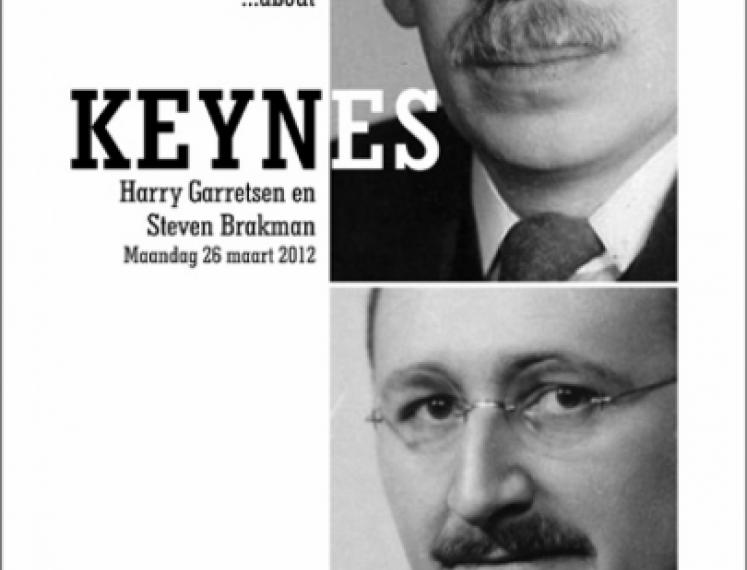Aula Academy Building
Broerstraat 5
Nederland
The Political Life of Johnny Cash
Johnny Cash is rightly remembered as one of the greatest singer songwriters the United States ever produced. But today, few recall that the Man in Black was also a prominent social critic. In the tumultuous 1960s and 1970s, he wrestled publicly with how he felt about the Vietnam War, Indigenous rights, crime and punishment, the so-called generation gap, and how Christians should be more engaged with solving the problems facing American society. Above all, in the midst of the Civil Rights Movement, Cash underwent a dramatic but little-known public transformation in his stance on race, racism, and the struggle for Black equality. Historian Michael Stewart Foley will consider the political legacy of Johnny Cash, the man who walked the line, and possibly the most political American artist of his age.
Michael Stewart Foley is writer and historian of American political culture. He is the author of several books, including the prize winning Confronting the War Machine: Draft Resistance During the Vietnam War (2003), and Citizen Cash: The Political Life and Times of Johnny Cash (2021). He has served as historical advisor on a number of films and television shows, including Mad Men, and his writing has appeared in the New York Times, the Guardian, the Boston Sunday Globe, and the Daily Beast, among other news outlets.
In collaboration with the United States Embassy and Americas Research Collective.
Comeback
Everything You Always Wanted to Know About… is back! For years, Studium Generale Groningen has focused on main characters and key issues in science, culture and society under this title. With a first edition about Johnny Cash, we breathe new life into this Studium Generale tradition.
Not able to attend? Watch the livestream below!





